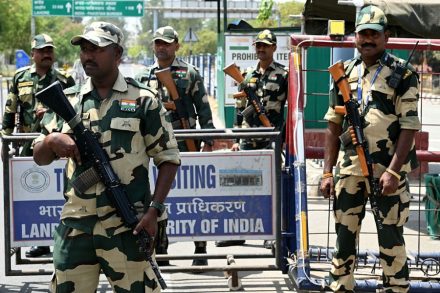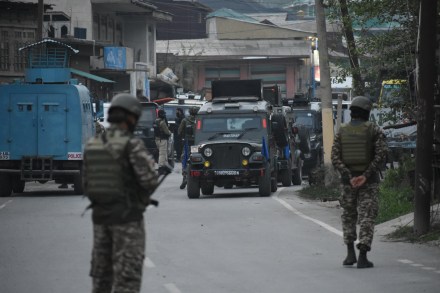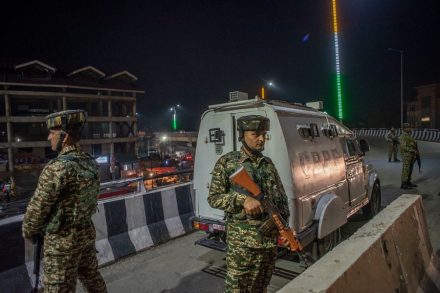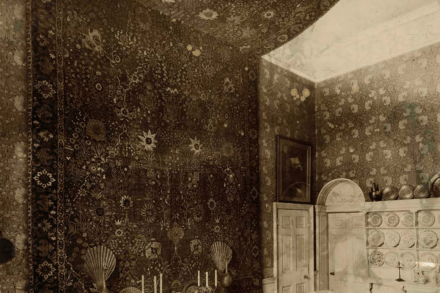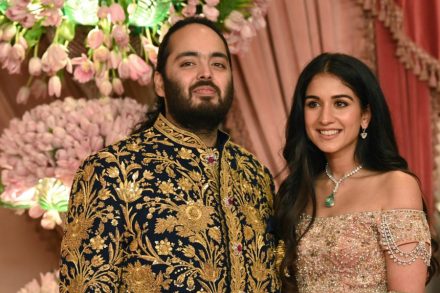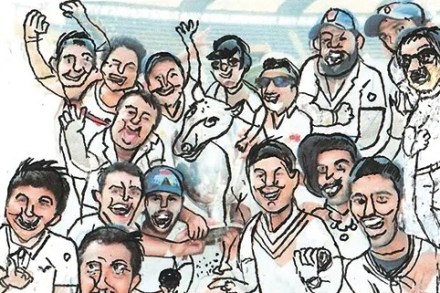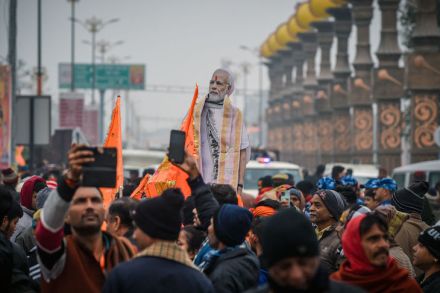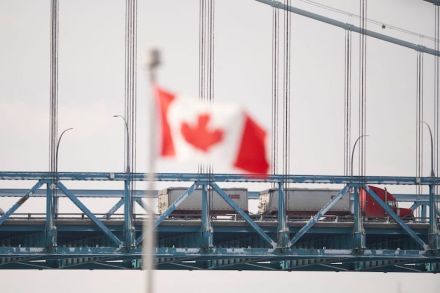Is there an off-ramp for India and Pakistan?
‘What happens next?’ is the worried question I keep getting from Indian and Pakistani friends as military exchanges between the two countries continue. The current crisis was eminently predictable – in nature, if not in timing – as terrorist incidents persisted, albeit at lower levels, in Kashmir and given relations between India and Pakistan were so poor. Both countries had long signalled their approach and rehearsed it during crises in 2016 and 2019. India had made clear that it would respond to significant terrorist incidents with kinetic actions at a time and in a manner of their choosing. Pakistan’s military and political leadership were equally forthright: if India did so,
